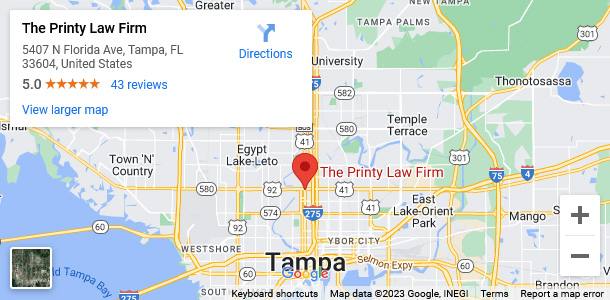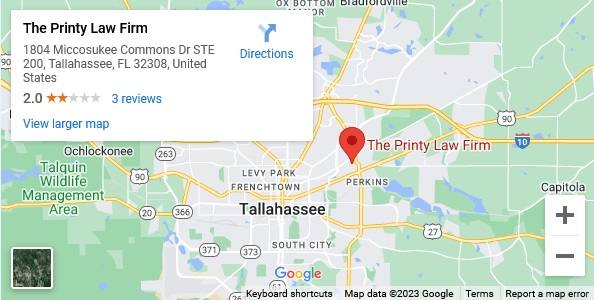The Fair Labor Standards Act of 1938 creates national requirements regarding the minimum wage and overtime. Most employees are entitled to overtime pay at the rate of 1.5 times their standard wage for any hours worked over forty hours in a week. Only employees that fall in some express exemption are not entitled to overtime pay. Some employers wrongly deny employees overtime by placing them on a salary. However, an employee on salary may still be entitled to overtime if their actual responsibilities relate less to managing the business and are more like manual tasks.
Under the FLSA an employee denied overtime may recover for overtime dating back three years. The recovery includes the actual amount of the unpaid wages plus liquidated damages in the same amount. This effectively allows claimants to recover double their unpaid wages. The attorney representing a successful claimant is also entitled to attorneys fees and costs.
Companies commonly employ several strategies which wrongly deny employees overtime pay. Some examples are:
- Falsely classifying employees as executive exempt in order to pay only a salary with no overtime.
- Stating that the company has an across the board policy of not paying overtime.
- Telling employees to clock out early to avoid overtime.Paying overtime at the straight through rate without adjusting for time and a half.
- Listing employees as independent contractors to avoid overtime pay.
- Denying employees wages for prep time that is required for their job.
- Not paying employees for drive time that lapses from a staging site to the job site.
- Offering vacation time as a substitute for overtime pay.
- Offering irregular bonuses as a substitute for overtime pay.
Lastly, even if you have not recorded the amount of overtime you have worked, you may still have a claim. Your employer is required to record the hours worked by each employee and bears the burden of establishing when you worked. If you know you were not paid time and a half for overtime, you should speak with an attorney to learn your rights. Call Printy Law Firm today for a free consultation.






